Archives
- By thread 5220
-
By date
- June 2021 10
- July 2021 6
- August 2021 20
- September 2021 21
- October 2021 48
- November 2021 40
- December 2021 23
- January 2022 46
- February 2022 80
- March 2022 109
- April 2022 100
- May 2022 97
- June 2022 105
- July 2022 82
- August 2022 95
- September 2022 103
- October 2022 117
- November 2022 115
- December 2022 102
- January 2023 88
- February 2023 90
- March 2023 116
- April 2023 97
- May 2023 159
- June 2023 145
- July 2023 120
- August 2023 90
- September 2023 102
- October 2023 106
- November 2023 100
- December 2023 74
- January 2024 75
- February 2024 75
- March 2024 78
- April 2024 74
- May 2024 108
- June 2024 98
- July 2024 116
- August 2024 134
- September 2024 130
- October 2024 141
- November 2024 171
- December 2024 115
- January 2025 216
- February 2025 140
- March 2025 220
- April 2025 233
- May 2025 239
- June 2025 303
- July 2025 32
-
Sustainable and inclusive growth, cybersecurity, and more big reads for the weekend
Harmony Internal - McKinsey
Highlights as you ease into the weekend CURATED PICKS FOR YOUR DOWNTIME, FROM OUR EDITORS

Joyce Yoo
Digital Editor, New YorkIt's a long weekend for many in North America, with Independence Day and Canada Day. As you unwind, take a moment to catch up on the latest reads from this week, with topics including cybersecurity, allyship, and more:
Quote of the day
—Christoph Böhm of Deutsche Börse on how the company’s cloud IT team engaged with cybersecurity and privacy functions in “The cloud as a strategic ecosystem for innovation and growth”
Chart of the day
ready to unwind?

The future of video entertainment: Immersive, gamified, and diverse
You’re at the movies with friends—but the movie is more like a game with a narrative. You feel like you’re in the movie because your seat gets hot when there’s a fire on screen. And everyone can see and hear the movie in whatever language they choose. That scenario could represent the next normal in video entertainment.

Explore McKinsey Themes
Essential reading on topics that matter. This weekend’s posts touch on Pride Month, stepping out of your comfort zone, sustainable, inclusive growth in the US, and more.

54-Down: Future leaders ... and the dedicatees of this puzzle
Know the answer? Test yourself with the latest McKinsey Crossword, Future Leaders | No. 82.
Share these insights
Did you enjoy this newsletter? Forward it to colleagues and friends so they can subscribe too. Was this issue forwarded to you? Sign up for it and sample our 40+ other free email subscriptions here.
This email contains information about McKinsey’s research, insights, services, or events. By opening our emails or clicking on links, you agree to our use of cookies and web tracking technology. For more information on how we use and protect your information, please review our privacy policy. You received this email because you subscribed to the Daily Read newsletter. Manage subscriptions | Unsubscribe Copyright © 2022 | McKinsey & Company, 3 World Trade Center, 175 Greenwich Street, New York, NY 10007
by "McKinsey Daily Read" <publishing@email.mckinsey.com> - 06:56 - 1 Jul 2022 -
What’ll you watch tomorrow?
McKinsey&Company
A new edition of The Next Normal .
Share this email 



The Next Normal | What’ll you watch tomorrow? 
The future of video entertainment: Immersive, gamified, and diverse You’re at the movies with friends—but the movie is more like a game with a narrative. You feel like you’re in the movie because your seat gets hot when there’s a fire on screen. And everyone can see and hear the movie in whatever language they choose. That scenario could represent the next normal in video entertainment, according to McKinsey experts and industry executives. Watch what happens 




Follow our thinking 


McKinsey Insights - Get our latest
thinking on your iPhone, iPad, or Android

This email contains information about McKinsey’s research, insights, services, or events. By opening our emails or clicking on links, you agree to our use of cookies and web tracking technology. For more information on how we use and protect your information, please review our privacy policy. You received this email because you subscribed to The Next Normal newsletter list. Manage subscriptions | Unsubscribe Copyright © 2022 | McKinsey & Company, 3 World Trade Center, 175 Greenwich Street, New York, NY 10007
by "McKinsey & Company" <publishing@email.mckinsey.com> - 02:52 - 1 Jul 2022 -
Learn how your benefits stack up against other companies!
Learn how your benefits stack up against other companies!
Hello MD
Remote has created a Global Benefits Survey, and we want to hear directly from you. Remote aims to better understand assumptions on hiring remotely in other countries and the importance of benefits. The survey ends on July 20th, so act now!
This survey takes less than 15 minutes to complete and this research is being conducted by an independent research firm. All responses will remain anonymous and will be reported in aggregate.
As a thank you for your participation, upon completing this survey, you are invited to opt-in for a drawing to win an iPad Air (5th generation) or receive a report of the results sent directly to you.Thank you for sharing your insights!
Your Remote Team
You've got questions?
We've got answers.
Save time with 24/7 access to Remote’s Help Center.
You received this email because you are subscribed to News & Offers from Remote Technology, Inc.
Update your email preferences to choose the types of emails you receive.
Unsubscribe from all future emailsRemote Technology, Inc.
Copyright © 2022 Remote Technology, Inc. All rights reserved.
18 Bartol St. #1163 San Francisco California
by "Remote" <hello@remote-comms.com> - 08:02 - 1 Jul 2022 -
Et tu, inflation? First a pandemic, then a price squeeze. Can retailers bounce back again?
The Shortlist
Build resilience .
Share this email 



Our best ideas, quick and curated | July 1, 2022 View in browser 
This week, retailers feel the big (price) squeeze. Plus, what’s putting the sizzle in semiconductors, who’s leading the transformation at Wipro, and how tech is transforming higher education. 
Roiling retail. What haven’t retailers been through since 2020? A dramatic consumer retrenchment in the early phases of the pandemic, a fierce shift to online sales, a return to omnichannel, followed by in-store shoppers again—thankfully—and now rising inflation in many markets. The price isn’t right. Retailers must contend not just with the rising cost of merchandise but also with cost increases on everything from manufacturing inputs and freight to fuel and wages. Consumer sentiment is darkening, and spending has eased in some categories that were previously growing, causing them to flatline or even drop. For instance, US consumers are paying more for but consuming less in restaurants, travel, and gasoline. Wall Street is also showing concern about retailers’ prospects. There’s no magic cure, but there is hope. Retailers that take a comprehensive approach can develop solutions that sustain their businesses, retain customers, and ensure long-term growth. Taking several actions now, including revisiting their category strategies to reflect shifts in consumer purchase behavior and margin profiles, rethinking operations to optimize productivity, and enhancing supply chain visibility and diversification, can help. An inflation ‘win room.’ Managing the implications of inflation across a broad operational landscape calls for an agile response. A flexible, cross-functional structure can set clear goals for the organization, increase the speed of decision making, and apply lessons learned. Retailers can turn these challenges into opportunities—if they make bold, deliberate decisions. The longer view. Companies that achieve breakthrough performances during economic downturns tend to outperform their peers over the decade that follows. The world saw this following the Great Recession of 2007–09; the most resilient retailers were able to drive 11 percent annual growth in TSR—more than five times higher than their peers—through 2018. The retail environment is likely to remain challenging for some time. Recognizing that inflation is likely to persist can give companies a solid incentive to act holistically across the organization and value chain. 
OFF THE CHARTS Putting the sizzle in semiconductors With demand for chips continuing to outstrip supply, strong growth is possible for all semiconductor companies, regardless of size. While the largest companies generate the greatest profits, our analysis also found that small, niche players have high operating margins. 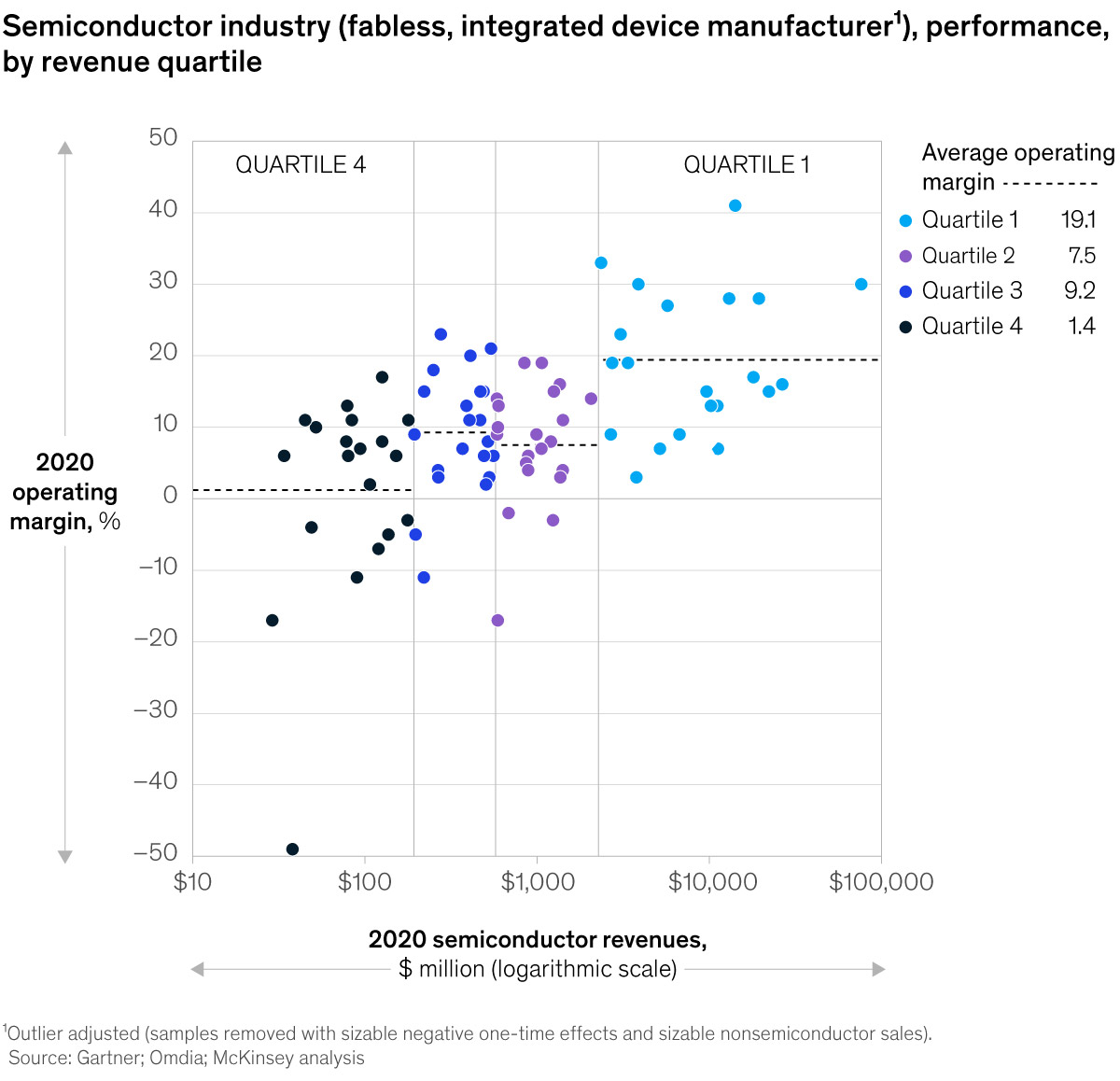
Check out our chart of the day here. 

INTERVIEW Long history, strong culture, big transformation The software giant Wipro has more than 220,000 employees across six continents and is now India’s third-largest IT services provider by market cap. Rishad Premji, who became its executive chairman in 2019, felt that the company’s performance didn’t reflect its true potential. In an interview with McKinsey, he talked about his determination to make Wipro “a high-performing organization that still has a soul—that is empathetic, vulnerable, collaborative, and decent.” 
MORE ON MCKINSEY.COM How technology is shaping learning in higher education | Students and faculty are eager to continue using new classroom learning technologies adopted during the pandemic, McKinsey research shows, but institutions could do more to support the shift. Reskilling older workers for new careers in tech | We debunk the misperceptions hiring managers have about job candidates who are between 45 and 60 years old—that they won’t catch on to technology, will have a hard time developing new skills, and won’t relate to younger teammates. Mastering the dual mission: Carbon and cost savings | OEMs will need to move quickly to achieve their “dual saving” ambition of reducing both total product emissions and costs. A limited supply of low-carbon materials adds pressure to act now. 
PARTING QUOTE 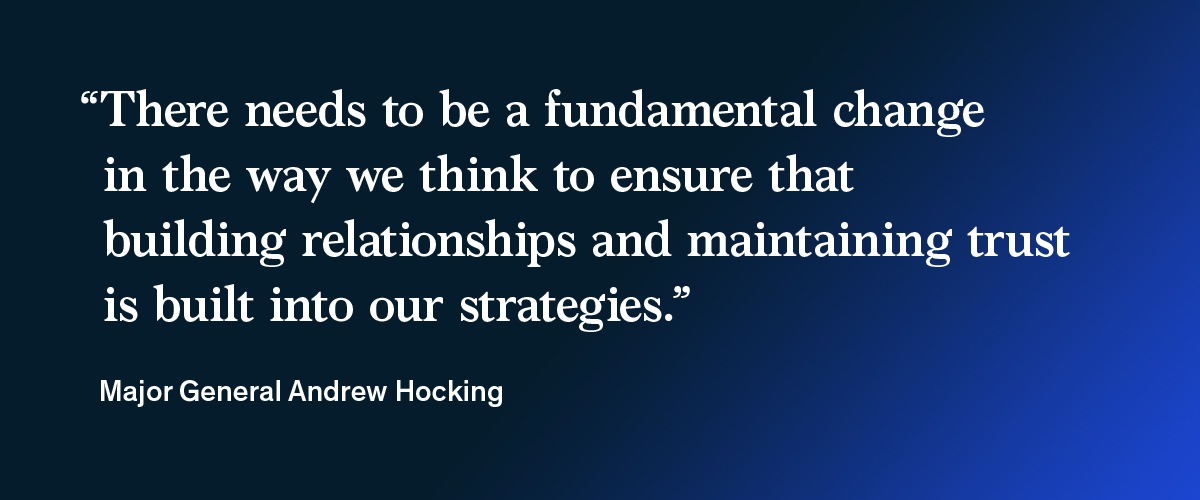
— Edited by Barbara Tierney 
BACKTALK Have feedback or other ideas? We’d love to hear from you. 
Tell us what you think 

Follow our thinking 



Share these insights Did you enjoy this newsletter? Forward it to colleagues and friends so they can subscribe too.
Was this issue forwarded to you? Sign up for it and sample our 40+ other free email subscriptions here.This email contains information about McKinsey’s research, insights, services, or events. By opening our emails or clicking on links, you agree to our use of cookies and web tracking technology. For more information on how we use and protect your information, please review our privacy policy. You received this email because you subscribed to The Shortlist newsletter. Manage subscriptions | Unsubscribe Copyright © 2022 | McKinsey & Company, 3 World Trade Center, 175 Greenwich Street, New York, NY 10007
by "McKinsey Shortlist" <publishing@email.mckinsey.com> - 01:16 - 1 Jul 2022 -
The space industry is growing by leaps and bounds. Where does that leave governance?
McKinsey&Company
Five actions for space to thrive .

The new space race In the news • Keeping well in space. As space agencies contemplate sending humans to Mars, there’s growing concern about what traveling long distances will do to astronauts’ mental and emotional health. In a 2021 study, astronauts were slower to recognize emotions after two months of simulated weightlessness and more likely to interpret facial expressions as angry. Researchers have learned that growing vegetables can lift the spirits of crew members; they’re also exploring how VR may help explorers experience Earth’s comforts from far away. [CNN] • To Uranus and beyond. The only visit humankind has made to Uranus was in 1986 via a robotic spacecraft. Although the planet is more than a billion miles from Earth, a distance that could take 15 years to travel, top US scientists are recommending a return trip. A limited understanding of ice giants Uranus and Neptune is hindering what we know about planetary science. While a mission to Uranus would carry a price tag of over $4 billion, it could attract the next generation of scientists, engineers, and leaders in space. [Bloomberg] 
The principles for operating in space were largely set forth in five UN treaties penned in the 1960s and 1970s. 
On McKinsey.com • A space renaissance. A golden age for space is at hand. Around the globe, commercial funding for space is at an all-time high, while advancements in technology have opened access to space for more countries and companies. But as the space economy expands, competition is increasing, with public and private stakeholders all jockeying for resources. At the same time, progress in the space sector has reached a point where commercialization is starting to outpace governance, finds a joint research effort from McKinsey and the World Economic Forum (WEF). • Five key actions. By 2030, more than 100 countries may have space agencies and about 15,000 satellites could be in orbit, according to analysis by McKinsey and the WEF. As space grows more crowded, so too does the need for nations, sectors, and industries to collaborate on issues such as reducing space debris, managing space traffic, and providing critical infrastructure. Discover five actions leaders can take to realize the full potential of space, ensuring that it remains accessible—and safe—for all. — Edited by Vanessa Burke Secure the future of space 
Was this forwarded to you? Sign up here. Or send us feedback — we’d love to hear from you. 

Follow our thinking 


This email contains information about McKinsey’s research, insights, services, or events. By opening our emails or clicking on links, you agree to our use of cookies and web tracking technology. For more information on how we use and protect your information, please review our privacy policy. You received this email because you subscribed to the On Point newsletter. Manage subscriptions | Unsubscribe Copyright © 2022 | McKinsey & Company, 3 World Trade Center, 175 Greenwich Street, New York, NY 10007
by "McKinsey On Point" <publishing@email.mckinsey.com> - 10:13 - 30 Jun 2022 -
Digital trends show big gains and new opportunities in Europe
the Daily read
Explore the survey results .
Share this email 



AN ARTICLE A DAY, PICKED BY OUR EDITORS 
While offline activity has picked up following the end of COVID-19-related quarantines, digital adoption in Europe remains strong. As consumers, businesses, and governments deal with increasing economic and geopolitical uncertainties, a strong focus on digital will help companies become more resilient, improve efficiency, and enhance decision making. McKinsey’s third annual Digital Sentiment Survey in Europe highlights the 9 digital trends and the opportunities that lie ahead. Check it out and see why digital should reign supreme. — Joyce Yoo, digital editor, New York 
Opportunity knocks for Europe’s digital consumer: Digital trends show big gains and new opportunities Despite still high digital adoption rates, our latest Digital Sentiment Survey finds that consumers are uncertain about the future. But clear opportunities for digital growth exist for companies that know where to look. Explore the survey results 

Quote of the Day —Marc Andreessen of venture capital firm Andreessen Horowitz on how big companies can digitally transform in "‘Find the smartest technologist in the company and make them CEO’" 
Chart of the Day 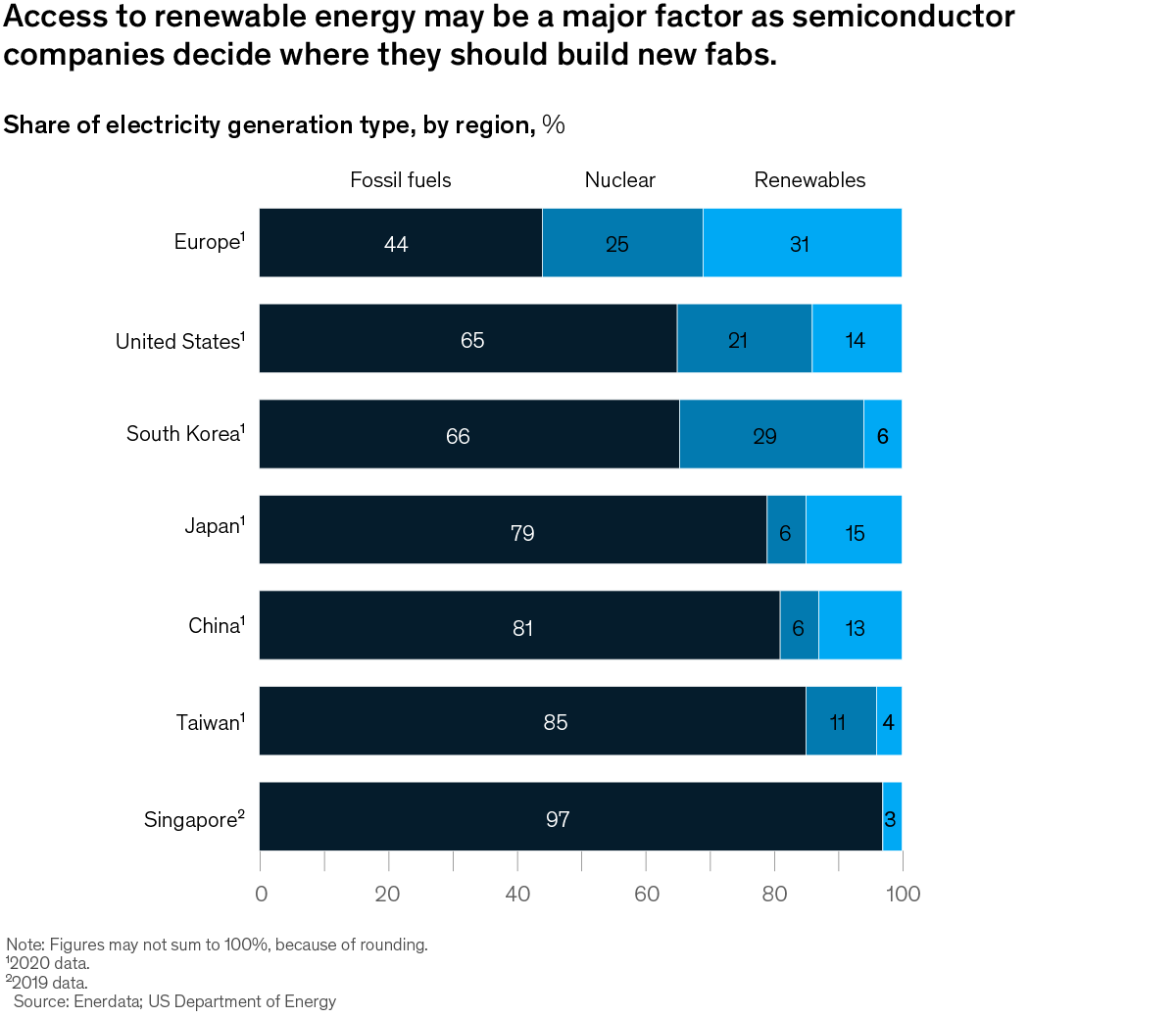
See today’s chart 
Also New 

Nature and financial institutions in Africa: A first assessment of opportunities and risks Africa’s climate resilience can be strengthened by redefining its economic model to leverage natural capital and designing financial systems to redirect critical nature-based investments. Leverage natural capital 


Americans are embracing flexible work—and they want more of it The American Opportunity Survey illuminates how many people are offered the option to work from home, who works flexibly, and how they feel about it. Dive into the data 


Managing financial crime risk in digital payments To face down the financial-crime threat, payments service providers can learn from banks while utilizing their own advanced technological skills. Understand the risk 


Follow our thinking 



Share these insights Did you enjoy this newsletter? Forward it to colleagues and friends so they can subscribe too.
Was this issue forwarded to you? Sign up for it and sample our 40+ other free email subscriptions here.This email contains information about McKinsey’s research, insights, services, or events. By opening our emails or clicking on links, you agree to our use of cookies and web tracking technology. For more information on how we use and protect your information, please review our privacy policy. You received this email because you subscribed to the Daily Read newsletter. Manage subscriptions | Unsubscribe Copyright © 2022 | McKinsey & Company, 3 World Trade Center, 175 Greenwich Street, New York, NY 10007
by "McKinsey Daily Read" <publishing@email.mckinsey.com> - 06:51 - 30 Jun 2022 -
[June Update] Wow! This Remote Global Update is jam-packed with exciting news.
[June Update] Wow! This Remote Global Update is jam-packed with exciting news.
Hi MD,
Wow! This Remote Global Update is jam-packed with exciting news. Read on for more about our G2 ranking (spoiler alert: we're no. 1!) our integration with AngelList Talent, new partnerships, and upcoming events. Also, don't miss the links to our on-demand Remote for Refugees webinar, and an essential 2022 Hiring Insights Report.
Remote ranked no. 1 in the G2 Multi-Country Payroll Summer Report 2022
Remote has been recognized as a leader, and is ranked first in the G2 Multi-Country Payroll Summer Report 2022! We are grateful and delighted to receive this recognition from G2, the world’s largest and most trusted tech marketplace.
AngelList Talent and Remote combine to supercharge your hiring flow
AngelList Talent and Remote’s new and easy-to-use integration lets you sign up for Remote’s services and sync new hires from AngelList Talent’s platform into Remote. That means rapid, compliant onboarding with that one simple click.
new partnerships
Equip employees in the office, home office, and remotely in just a few minutes
We're thrilled to officially announce the Lendis 🤝 Remote partnership!
Lendis enables companies to provide their remote and on-site employees with any type of work equipment. Their unique subscription model allows you to be more flexible with furniture and electronic devices anywhere in the EU and UK.Welcoming Our Newest Referral Partners
We're excited to welcome Ativvo, and Total Accounting & Bookkeeping Solutions to our growing roster of tax and accounting firm referral partners. Interested in partnering with us too? Connect with us to find out more about the ways we can collaborate.
on-demand webinar
Watch On-demand Webinar: Remote for Refugees
Watch Remote's VP of Special Operations, Filipa Matos, and Senior Product Marketing Manager, Peter Maher, alongside Lorraine Charles, the Co-Founder and Executive Director of Na'amal. Na'amal partners with leading organizations to support refugees and other underrepresented communities to find remote work.
from the blog
Calling all developers!
Help your customers onboard global talent using the Remote API! Read our latest blog from Larissa Lane, Staff Product Manager at Remote, who walks you through how to launch an integration using the Remote API with minimal development effort to get off the ground fast. 🚀
download
Get the latest insights into hiring now
Companies that cultivate positive candidate relationships achieve more from their hiring goals. Our partner GoodTime created the 2022 Hiring Insights Report to help your team take a human-centered approach to talent acquisition. Access the report now to take advantage of all the latest hiring insights!
You received this email because you are subscribed to News & Offers from Remote Technology, Inc.
Update your email preferences to choose the types of emails you receive.
Unsubscribe from all future emailsRemote Technology, Inc.
Copyright © 2022 Remote Technology, Inc. All rights reserved.
18 Bartol St. #1163 San Francisco California
by "Remote" <hello@remote-comms.com> - 11:02 - 30 Jun 2022 -
Do you work from home? Striking results from our survey.
McKinsey&Company
Flexible work, in six charts .

Remote-work nation In the news • Office rethink. As hybrid work picks up steam in the COVID-19 era, companies are rethinking their offices. Businesses hoping to appeal to flexible workers are setting up coffee shops, adding movable walls, and investing in retreat spaces nestled in nature. To foster collaboration, one company removed 66% of its desks and rearranged its office into “neighborhoods,” each having the casual feel of a living room. As companies grapple with the rise of remote work, it’s still not clear how, exactly, the future office will function. [WaPo] • Best of both worlds. Many CEOs praise the virtues of in-person work, believing it to support better creativity and greater productivity. But a new survey suggests that some may be overstating the role of the office in keeping workers engaged. A poll of 2,700 employees and business leaders found that hybrid workers were more likely than their nonhybrid peers to report feeling strongly connected to colleagues and leaders. They were also more likely to say that they feel productive, engaged, and happy with their job performance. [Fortune] 
When people have the chance to work flexibly, 87% of them take it. This dynamic is widespread across demographics, occupations, and geographies. 
On McKinsey.com • What US workers want. Americans are craving flexible work, and a remarkable number of them are getting it, reveals a 2022 McKinsey survey. Nearly 60% of respondents said that they are able to work from home for at least part of the week, finds a poll of 25,000 US workers. The ability to work remotely is clearly becoming a more permanent feature of modern workplaces. To effectively compete for talent, employers may need to explore how to offer workers the flexibility they want. • Hunting for flexible work. Employees are demanding more autonomy over where and when they work. When asked what motivated a new job search, about one in five job seekers cited the desire to work remotely. A flexible working arrangement was the third most popular reason for job hunting, behind wanting greater pay or hours and better career prospects. See what US workers had to say about working flexibly in six charts, including what type of jobs have the most remote workers, and which groups get more offers to work from home. — Edited by Belinda Yu Explore the changing workplace 
Was this forwarded to you? Sign up here. Or send us feedback — we’d love to hear from you. 

Follow our thinking 


This email contains information about McKinsey’s research, insights, services, or events. By opening our emails or clicking on links, you agree to our use of cookies and web tracking technology. For more information on how we use and protect your information, please review our privacy policy. You received this email because you subscribed to the On Point newsletter. Manage subscriptions | Unsubscribe Copyright © 2022 | McKinsey & Company, 3 World Trade Center, 175 Greenwich Street, New York, NY 10007
by "McKinsey On Point" <publishing@email.mckinsey.com> - 12:49 - 30 Jun 2022 -
Hear how global brand Lush took their retail experiences to the next level
Discover the possibilities of Adobe Creative CloudRead online 

Innovation in action Lush is known for their immersive retail experiences, and their focus on sustainability and innovative products. With over 900+ stores across the world, Lush needed the right creative tools to ensure they could level up their customer experiences in a way that prioritised consistency, uniting digital and physical, ultimately driving business and brand growth.
Using their passion for innovation alongside Adobe Creative Cloud for teams, Lush made it happen with a creative solution that has kept their core business values front and centre.
The right image, the right way With Adobe Stock, quickly filter by image similarity, aesthetics, color, copy space, and more, all powered by the AI goodness of Adobe Sensei. 

Speak with one of our experts today to understand how Adobe Creative Cloud can help you grow your business with the world’s best creative apps and services. 

Adobe and the Adobe logo are either registered trademarks or trademarks of Adobe in the United States and/or other countries. All other trademarks are the property of their respective owners.
Spread the word 


© 2022 Adobe Inc. All rights reserved.
This is a marketing email from Adobe, 345 Park Avenue, San Jose, CA 95110 USA.
Click here to unsubscribe.
Your privacy is important to us. Please review Adobe’s Privacy Policy.
by "Adobe" <demand@info.adobe.com> - 11:33 - 29 Jun 2022 -
Meeting the psychological needs of all employees
the Daily read
Recognize talent .
Share this email 



AN ARTICLE A DAY, PICKED BY OUR EDITORS 
Your job is a big part of your life, and the highs and lows that come with it—frustration at being micromanaged, pride from a glowing review—have a major impact on your day-to-day. People of all income levels say an interesting, rewarding job is just as important as a well-paying one, but the psychological needs of those with lower-paying jobs are less likely to be met. So what can be done to change this? Most of the improvements needed are low or no-cost, and they're likely to bump up your bottom line. Don't miss a new article on meeting the needs of all your people. — Sarah Skinner, digital editor, New York 
Meet the psychological needs of your people—all your people Too many employers pay too little heed to the needs of the lower earners in their company. Here’s why—and how—they should shift gears. Recognize talent 

Quote of the Day “I would say that corporate leaders globally—in a world that is increasingly more divisive—are seen as important voices around topics like purpose and social good, and topics that broaden beyond just simple corporate returns.” —McKinsey senior partner Vik Malhotra on the changing corporate landscape in a recent episode of the McKinsey Future of Asia Podcast 
Chart of the Day 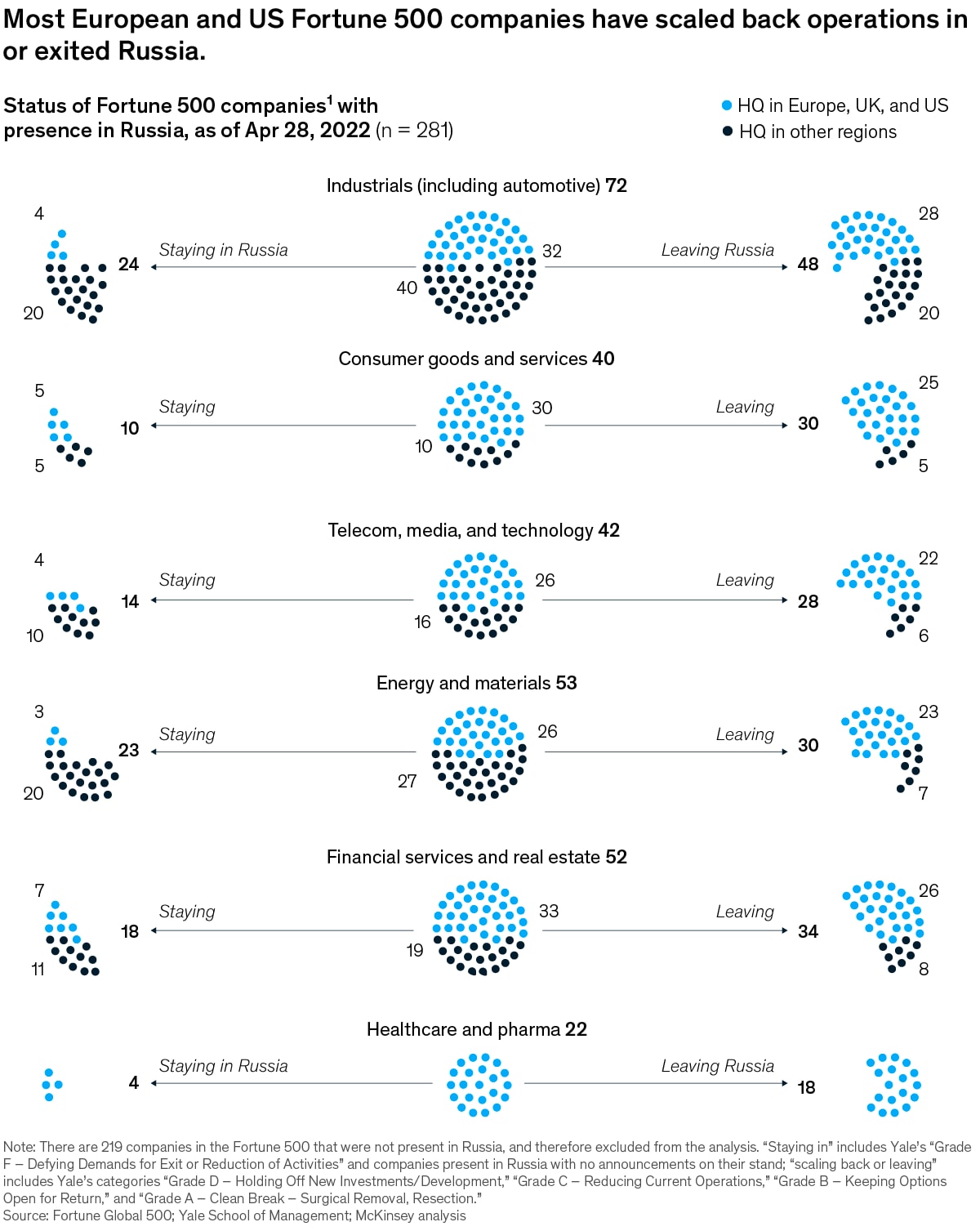
See today’s chart 
Also New 

New operations management systems for a digital world Now is the time to redefine management disciplines with a modern tool kit powered by technology. The organizations that embark on this journey sooner will achieve the benefits from a culture of innovation. Revolutionize now 


Safeguarding green steel in Europe: Facing the natural-gas challenge European steelmakers need to reconsider their decarbonization strategies because of rising natural-gas and electricity prices, as well as potential limitations on the natural-gas supply. Anticipate obstacles 


Are personalized vitamins the future of wellness? Two fast-growing vitamin companies, HUM Nutrition and Vous Vitamin, are betting on personalization. Listen to their CEOs discuss the biggest trends in consumer health and wellness. Make it unique 


Follow our thinking 



Share these insights Did you enjoy this newsletter? Forward it to colleagues and friends so they can subscribe too.
Was this issue forwarded to you? Sign up for it and sample our 40+ other free email subscriptions here.This email contains information about McKinsey’s research, insights, services, or events. By opening our emails or clicking on links, you agree to our use of cookies and web tracking technology. For more information on how we use and protect your information, please review our privacy policy. You received this email because you subscribed to the Daily Read newsletter. Manage subscriptions | Unsubscribe Copyright © 2022 | McKinsey & Company, 3 World Trade Center, 175 Greenwich Street, New York, NY 10007
by "McKinsey Daily Read" <publishing@email.mckinsey.com> - 06:30 - 29 Jun 2022 -
Forward Thinking on war in Ukraine, inflation, and cooperation in a fractured world with Jean Pisani-Ferry
McKinsey&Company
Don’t be afraid .
Share this email 



New from McKinsey Global Institute 
Forward Thinking on war in Ukraine, inflation, and cooperation in a fractured world with Jean Pisani-Ferry An eminent European economist discusses the economic challenges arising from the war in Ukraine, the spreading economic turbulence, and the need to work together to nurture global public goods. Don’t be afraid 


Explore this and future episodes of the McKinsey Global Institute’s Forward Thinking podcast on our site, and subscribe to ensure you never miss a new one. Subscribe via Apple Podcasts, Google Podcasts, Spotify, Stitcher, and Amazon Music. 
Related Reading 
Special collection: Inflation 

War in Ukraine: Twelve disruptions changing the world 


Follow our thinking 


McKinsey Insights - Get our latest
thinking on your iPhone, iPad, or Android

This email contains information about McKinsey’s research, insights, services, or events. By opening our emails or clicking on links, you agree to our use of cookies and web tracking technology. For more information on how we use and protect your information, please review our privacy policy. You received this email because you subscribed to our McKinsey Global Institute alert list. Manage subscriptions | Unsubscribe Copyright © 2022 | McKinsey & Company, 3 World Trade Center, 175 Greenwich Street, New York, NY 10007
by "McKinsey & Company" <publishing@email.mckinsey.com> - 04:34 - 29 Jun 2022 -
activpayroll June newsletter
activpayroll June newsletter
Welcome to our second quarterly newsletter of 2022, bringing you all of the latest news, insights and advice from the team at activpayroll.
activpayroll Newsletter
June 2022
Welcome to our second quarterly newsletter of 2022, bringing you all of the latest news, insights and advice from the team at activpayroll. As always, we kick things off with a word from our Guest Editor. In this edition, it is our UK and EMEA Ongoing Operations Manager, Callum McAndrew.
A warm welcome to our June newsletter. I’ll start by wishing our CEO Jason Allen an early happy work anniversary. Next month will mark a full year since Jason joined us at activpayroll and he has taken some time out of his busy schedule to reflect on the payroll industry, his career highlights and his love of Harley Davidsons.
The feature on what the global crisis means for global mobility is a captivating read and very topical. With the war in Ukraine and the legacy that Covid-19 is leaving there is a lot to consider when it comes to planning for the future. If you’re working in multiple countries or looking to expand globally, the advice and observations explored by our Global Tax Director, Graham McKechnie will be invaluable.
On a lighter note it’s great to hear how our Dubai team is flourishing and growing, it’s tempting to ask for a relocation package from Scotland to Dubai!
Happy reading!
Latest news

What global crisis means for global mobility
In the business of moving people and corporate activities from one part of the world to another, unexpected global events can put paid to even the best laid plans. In the aftermath of the Covid-19 pandemic, and the midst of an escalating war in Ukraine, it has become more important than ever for businesses to reassess their global mobility processes and ensure they plan for every eventuality.
In this article, our Global Tax Director, Graham McKechnie, explores the impact of international crises on global mobility, offering practical advice to multinational companies on how they can better plan for the future.

Meet our CEO
Next month marks a full year since our esteemed colleague Jason Allen took to the helm as CEO. In the last 12 months, Jason has played a key role in driving our international growth as we expand our three key pillars: global payroll, global mobility and international payments.
(Almost!) one year on, we sat down with Jason to find out more about his background, ambitions and life outside of activpayroll. Read it here →

Angola: New Minimum Wage and Remote Work Measures
The government of Angola has introduced new legislation to support many of its 16.2 million workers. The measures include a new minimum wage to help manage the rising cost of living and remote working guidelines to support employees during the country’s recovery from Covid-19.

activpayroll in Dubai
Undoubtedly one of our biggest overseas success stories is our Dubai office, which has grown from humble beginnings in 2019 to a veritable powerhouse in 2022.
Based in Dubai’s Silver tower, our 16-strong team is now busy processing around 200 payrolls every month.
Hear from Kimberly Morrison, Payroll Operations Manager for the Middle East, on Dubai’s rapid success and ambitious targets for 2022 →
Updates to our Global Insights

Our global insight guides cover everything you need to know about payroll and HR in over 150 countries. From international payroll and tax to social security, employment law, employee benefits, visas, work permits and more, you can guarantee to find all the information you need for relocating or expanding to a new country.
This quarter, we launched a brand new insight page for Malta, as well as adding updates to Japan, Bermuda and Bahrain. We update each of our insights weekly to ensure we offer a completely up-to-date picture of each and every country we operate in. Browse the full selection here →

activpayroll is turning 21!
In September this year, we’ll be marking 21 years since activpayroll first launched. To commemorate our coming of age, we’ll be running a whole host of celebrations; reflecting back on where it all began and reminiscing on the biggest highlights along the way.
Stay tuned to hear more from our global team and join in on the celebrations.
Keep in touch
As always, you can keep up-to-date with all of our latest news, insights and team updates over on our social media channels.




Copyright (C) 2022 activpayroll. All rights reserved.
activpayroll
Cults Business Park
Station Road
Cults
Aberdeen
AB15 9PE
Our mailing address is:
pr@activpayroll.com
Want to change how you receive these emails?
You can update your preferences or unsubscribe
by "Lynn Smith" <PR@activpayroll.com> - 09:55 - 29 Jun 2022 -
Support sustainable brands? Companies are driving forward to reach net zero.
McKinsey&Company
What game-changing companies are doing .

Race to net zero In the news • Long time coming. Corporate boardrooms’ embrace of environmental, social, and governance (ESG) investing may seem like an overnight success. It’s actually the result of 30 years of climate science, activism, and regulation. Today, boards recognize that access to capital can hinge on a solid sustainability profile. The change is evident in the proliferation of job titles such as chief sustainability officer and the efforts of boards to attract members with strong sustainability credentials. [WEF] • Suddenly slowpokes. Although some are skeptical of the private sector’s commitment to addressing climate change, others are saying that governments are now lagging behind. Some parts of the corporate sector are getting ahead of government commitments and regulations, says the leader of a global group of financial institutions that has pledged trillions of dollars to climate finance. Policy makers need to catch up and set the rules, targets, and timetables to coordinate emission reductions. [Axios] 
“CEO and management conviction [about the net-zero transition] is running very strong…. and there’s a need to give something back.” 
On McKinsey.com • Growing conviction. As more businesses pursue net-zero goals, the corporate ethos is changing, says Claire O’Neill, a leader of the World Business Council for Sustainable Development and former UK minister. Whether from employees demanding change or pressure from shareholders and investors, “there’s a level of conviction there that wasn’t there two years ago,” she states. As a result, companies are working to fight climate change, protect nature, and reduce inequality, O’Neill says. • Taking action. Today the world is seeing “unprecedented business engagement” on the environment from all over the world, O’Neill says in an episode of McKinsey Global Institute’s Forward Thinking podcast. One consumer goods company in Brazil has built nature and sustainability into its product designs, working with “a suite of nature-positive materials.” Listen to the full interview for how businesses are mobilizing for sustainability and where the war in Ukraine fits into the climate challenge. — Edited by Katy McLaughlin Get her take 
Was this forwarded to you? Sign up here. Or send us feedback — we’d love to hear from you. 

Follow our thinking 


This email contains information about McKinsey’s research, insights, services, or events. By opening our emails or clicking on links, you agree to our use of cookies and web tracking technology. For more information on how we use and protect your information, please review our privacy policy. You received this email because you subscribed to the On Point newsletter. Manage subscriptions | Unsubscribe Copyright © 2022 | McKinsey & Company, 3 World Trade Center, 175 Greenwich Street, New York, NY 10007
by "McKinsey On Point" <publishing@email.mckinsey.com> - 12:54 - 29 Jun 2022 -
How to fight financial crimes in digital payments
the Daily read
Understand the risk .
Share this email 



AN ARTICLE A DAY, PICKED BY OUR EDITORS 
As consumers shift away from cash as a form of payment, digital-payment mechanisms such as cards and digital wallets are becoming increasingly popular. While electronic transactions are expanding rapidly and enjoying success, payments service providers (PSPs) face the rising threat of financial crime including tax-avoidance schemes, money laundering, consumer scams and more. What can be done to manage financial-crime risks amidst increasing regulatory scrutiny? A new article explores how PSPs can minimize these threats and what they can learn from banks and their own advanced technical knowledge. Be sure to check it out. — Joyce Yoo, digital editor, New York 
Managing financial crime risk in digital payments To face down the financial-crime threat, payments service providers can learn from banks while utilizing their own advanced technological skills. Understand the risk 

Quote of the Day “There’s a little bit of an acknowledgment of how bad it [the racial disparity] is. It’s been backed up with facts. People are starting to organize and coalesce around doing something about it. But now we actually have to move to action and make sure that we’re continuing to innovate on the solutions.” —McKinsey senior partner Tiffany Burns on the current state of Black-owned businesses in a recent episode of the Future of America podcast 
Chart of the Day 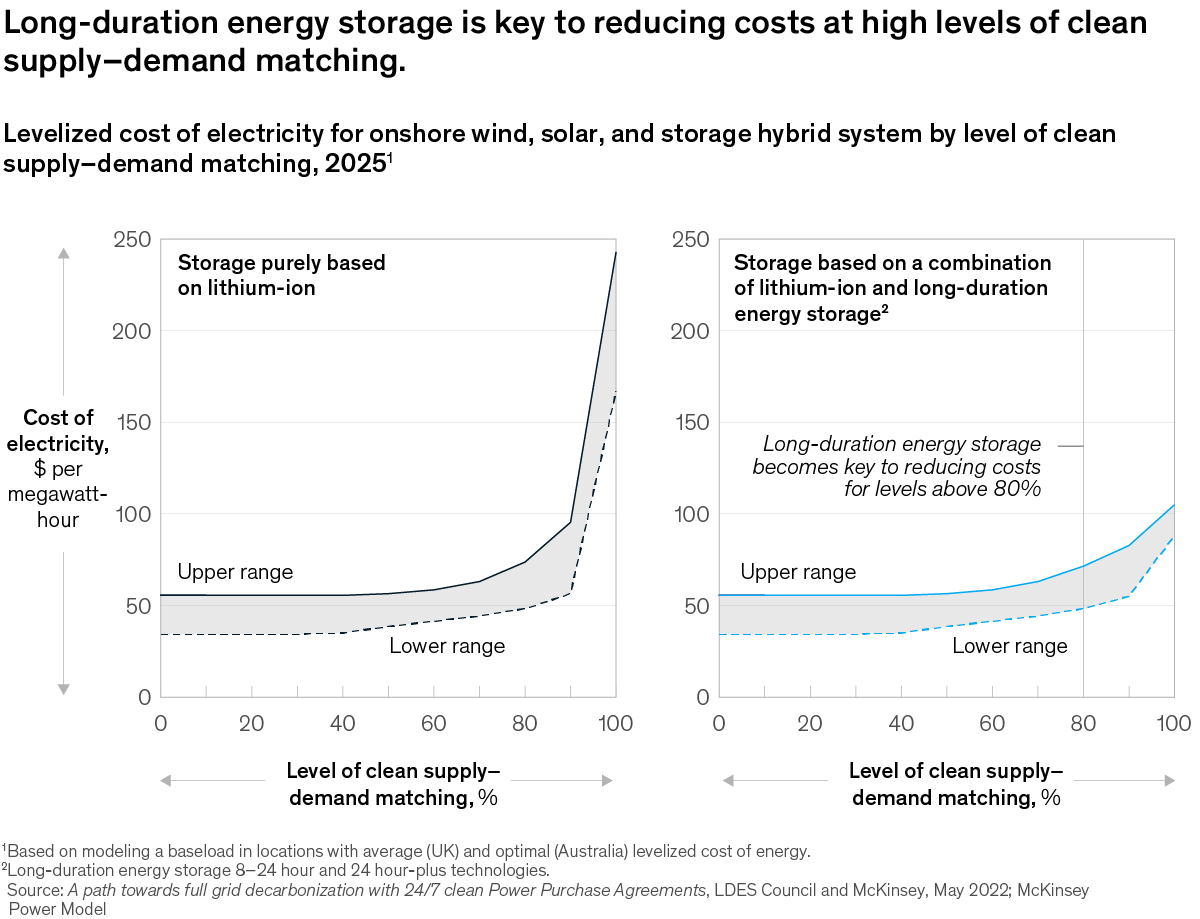
See today’s chart 
Also New 

Redefining the modern CEO COVID-19 and other recent global crises have necessitated a redefinition of the role of 21st century leaders. In this McKinsey Future of Asia Podcast episode, we explore what it takes to be an excellent CEO in today’s ever-changing and challenging global environment. Redefine leadership excellence 


Author Talks: How to fall in love with work Out of the thousands of moments in a workday, says Marcus Buckingham, you should spend 20 percent on your most beloved areas of mastery. Love + work = ____ 


‘We want to build the healthcare ecosystem of choice’ Over the last three years, the Zur Rose Group has been undergoing a transformation to become a true digital company. Walter Hess, the new CEO of the group, which operates healthcare platforms and online pharmacies—among them DocMorris—explains in our interview what he has learned along the way. Personalize now 


Follow our thinking 



Share these insights Did you enjoy this newsletter? Forward it to colleagues and friends so they can subscribe too.
Was this issue forwarded to you? Sign up for it and sample our 40+ other free email subscriptions here.This email contains information about McKinsey’s research, insights, services, or events. By opening our emails or clicking on links, you agree to our use of cookies and web tracking technology. For more information on how we use and protect your information, please review our privacy policy. You received this email because you subscribed to the Daily Read newsletter. Manage subscriptions | Unsubscribe Copyright © 2022 | McKinsey & Company, 3 World Trade Center, 175 Greenwich Street, New York, NY 10007
by "McKinsey Daily Read" <publishing@email.mckinsey.com> - 05:09 - 28 Jun 2022 -
Working moms are more burned out than ever. How can companies help?
McKinsey&Company
Designing the workplaces parents deserve .

Treat your mother right In the news • Making it work at home. Chores, childcare, and long hours on the job: working parents have more than ever to juggle. And alongside paid work, working moms often carry a heavier burden when it comes to managing household duties and juggling family schedules at home. How can that change? Several new apps can help with delegating tasks, but the key to a more equitable household is better communication between partners. Having regular check-ins can make it easier to ask for help and get on the same page about expectations. [WSJ] • Burning out. More than two years into the COVID-19 pandemic, moms are still fried. A recent survey of more than 17,000 mothers found that 58% of working moms have considered quitting their jobs because of the stress of finding childcare, while 48% say they’re unhappy with the lack of flexibility and paid time off from their employers. Retaining moms in the workforce can come only with systemic change, says one senior leader at an early-childhood not for profit: “Policy makers need to put in place policies that help babies and families.” [Fortune] 
“We have to stop trying to fix the woman and instead fix the structure. If we don’t fix the structure—through paid leave, affordable childcare, flexibility—we’re never going to get to equality.” 
On McKinsey.com • How moms show up. Women can’t participate in the workforce in a full, healthy way without affordable childcare, says Reshma Saujani, founder of Girls Who Code. Many families pay more for childcare than they pay for their mortgages, she adds. A lack of childcare unevenly affects how women and men engage in the workplace. According to a survey of more than 1,000 working parents in the US, 57% of women with kids under the age of five feel that they’re being held back professionally because of childcare duties. Only 38% of men feel the same. • The ‘motherhood penalty.’ The pay gap isn’t actually about gender; it’s a motherhood penalty, says Saujani. Since most women don’t have paid leave, they take time away from paid work to have kids and often never recover from the loss of income. In a McKinsey Future of America podcast interview, Saujani suggests how the private sector can help families secure childcare and create policies to shift the gender imbalance of work at home. That, in turn, can help companies retain more working parents, who are often midtenure employees in key roles. — Edited by Christine Y. Chen Sustain working moms 
Was this forwarded to you? Sign up here. Or send us feedback — we’d love to hear from you. 

Follow our thinking 


This email contains information about McKinsey’s research, insights, services, or events. By opening our emails or clicking on links, you agree to our use of cookies and web tracking technology. For more information on how we use and protect your information, please review our privacy policy. You received this email because you subscribed to the On Point newsletter. Manage subscriptions | Unsubscribe Copyright © 2022 | McKinsey & Company, 3 World Trade Center, 175 Greenwich Street, New York, NY 10007
by "McKinsey On Point" <publishing@email.mckinsey.com> - 12:35 - 28 Jun 2022 -
How current global trends are disrupting the fashion industry
the Daily read
Innovate plans .
Share this email 



AN ARTICLE A DAY, PICKED BY OUR EDITORS 
Businesses all around the world are experiencing disruptions, and those in the fashion industry are no exception. Since the release of McKinsey’s State of Fashion report in December, the war in Ukraine, rising inflation, supply chain issues, the Omicron variant, and more have introduced new challenges. How are the top-performing fashion suppliers and brands responding to these disruptions, and what can the rest of the industry learn from them? Tune into a new episode of The McKinsey Podcast and get informed about how to navigate these challenging times. — Katherine Tam, digital editor, New York 
How current global trends are disrupting the fashion industry Fashion suppliers and brands, like other companies, are facing significant economic and geopolitical challenges. Here’s what they can do to adapt and thrive. Innovate plans 

Quote of the Day “When you’re in love with another human, it makes you feel safe, it makes you feel inquisitive, and it makes you feel uplifted. It’s the same cocktail when you’re doing something that you love.” —Marcus Buckingham, a motivational speaker and business consultant, on the relationship between love and work in a recent Author Talks interview 
Chart of the Day 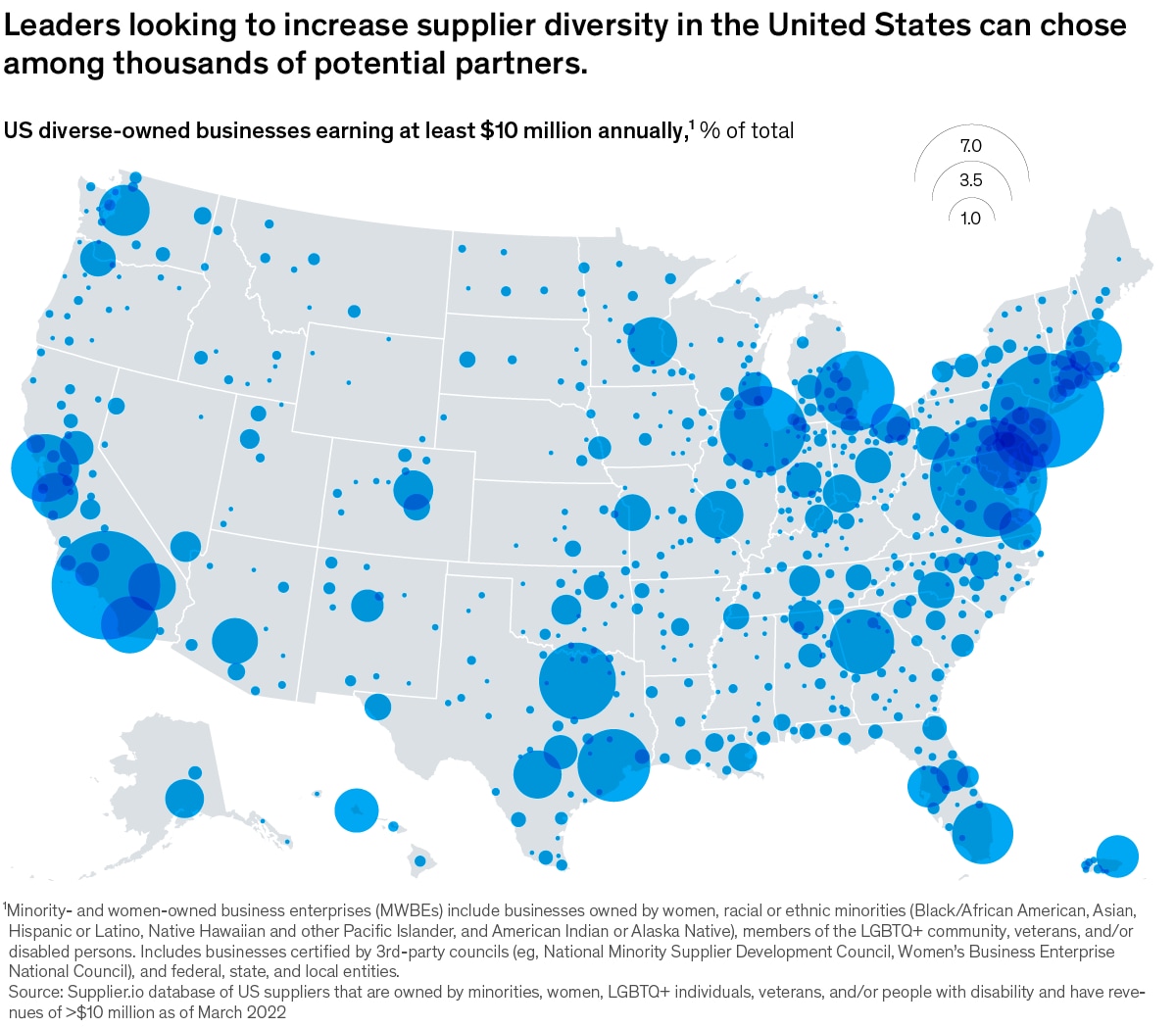
See today’s chart 
Also New 

Wake up and see the women: Wealth management’s underserved segment As more assets in Western Europe shift into the hands of women, wealth managers need to understand the investment needs and behaviors of this large—but as yet underserved—group of investors. Take note 


Building Black-owned brands to accelerate prosperity Black-owned businesses are crucial to America’s long-term prosperity, but they face long-time challenges. How can McKinsey’s Next 1B accelerator help create a more inclusive environment for Black entrepreneurs? Strength in numbers 


Proposed climate rule signals new era for real estate The SEC’s draft regulation would require all public companies to disclose emissions and risks related to their real estate. Here’s why the real-estate industry should move preemptively. Be prepared 


Follow our thinking 



Share these insights Did you enjoy this newsletter? Forward it to colleagues and friends so they can subscribe too.
Was this issue forwarded to you? Sign up for it and sample our 40+ other free email subscriptions here.This email contains information about McKinsey’s research, insights, services, or events. By opening our emails or clicking on links, you agree to our use of cookies and web tracking technology. For more information on how we use and protect your information, please review our privacy policy. You received this email because you subscribed to the Daily Read newsletter. Manage subscriptions | Unsubscribe Copyright © 2022 | McKinsey & Company, 3 World Trade Center, 175 Greenwich Street, New York, NY 10007
by "McKinsey Daily Read" <publishing@email.mckinsey.com> - 06:28 - 27 Jun 2022 -
Weekly Sumo Logic Usage Report for Learn Odoo
Updates
- Alerts
- Update - We've madealerts and monitorsmore customizable to give you control over how often you are notified. You can now:
- Customize the alert name to differentiate between multiple alerts created from the same monitor.
- Choose recovery based on "Single Data point" meeting the recovery threshold or "all data points" meeting the threshold before the alert is resolved.
- Traces
- Update - Traces can now show aggregated trace duration critical path contribution (CPC) breakdown chart summarized for all traces from the Traces query result set.
- Use this chart to:
- Quickly understand intermittent duration spikes or slowdowns
- Immediately spot offending service by comparing CPC contribution by service
- Apps
- New - Gigamon ThreatINSIGHT allows you to stay a step ahead by giving your security teams more: time, data, and insight into attacker behavior. The Gigamon ThreatINSIGHT App for Sumo Logic provides dashboards and visualizes data from ThreatInsight MetaStream files, which helps in identifying potential threats enabling rapid, informed response.
- New - The Gigamon HAWK app for Sumo Logic provides deep observability by collecting application context from the network. Its rich metadata attributes extraction offers a holistic picture of what's happening in the network.
- New - The Lucidum app for Sumo Logic eliminates blind spots across cloud, security, and IT operations. It gives information about assets, data sources, services, locations, risk factors, and ports.

Below are some snapshots of Learn Odoo's usage of Sumo Logic in the past week. Please see our FAQ or reach out to your Customer Account Manager for any questions or help with adding recipients and stop receiving these emails.
Account Info
Account ID: 0000000000BC3A3C
Plan Type: credits_free
Credits Allocated: 600
Credits Utilized Term To Date (TTD): 0 (0.0%)
Forecasted Utilization (based on TTD rate): 0(0.0%)
Forecasted Utilization (based on last 30 days rate): 0(0.0%)
Provisioned Users: 1
# Partitions: 0
# Scheduled Views: 0
# Field Extraction Rules: 0
# Dashboards: 0
# Public Dashboards: 0
Credits Utilization Breakdown
Log Search Statistics - Statistics on UI searches
Check out our search rules to live by and our Welcome webinar on optimizing your performance!
Help us improve the usage reports by filling out the feedback form with your suggestions.
Cheers,
Sumo Logic Customer Success
customer-success@sumologic.com
by customer-success@sumologic.com - 01:32 - 27 Jun 2022 -
Remote ranked no. 1 in the G2 Multi-Country Payroll Category!
Remote ranked no. 1 in the G2 Multi-Country Payroll Category!
Apologies, we now fixed the link!Hello MD,
We have some amazing news to share with you: Remote has been recognized as a leader and is ranked first in the G2 Multi-Country Payroll Summer Report 2022!
We are grateful and delighted to receive this recognition from G2, the world’s largest and most trusted tech marketplace.
We want to give a big thank you to all our amazing customers for their trust and support, and for leaving their reviews, scores, and feedback for Remote on G2.Ranking highlights:
- 95% for ease of use
- 95% for governance
- 94% for quality of support
- 93% of users rated us 4 or 5 stars
- 93% for ease of setup
What our customers are saying:
“Remote are doing what others have attempted to do for so long, simplify and make the processing of Employer of Record services easy.” - General Manager, Compliance & Data Protection Officer
“No third party partners, Remote only serves countries (a lot!) where they do have a local presence. No more dealing with multiple entities. Extremely reliable, personal and prompt customer support. Easy and well designed web interface.” - Administrator in Computer Services
See how Remote helps global businesses grow.
You received this email because you are subscribed to News & Offers from Remote Technology, Inc.
Update your email preferences to choose the types of emails you receive.
Unsubscribe from all future emailsRemote Technology, Inc.
Copyright © 2022 Remote Technology, Inc. All rights reserved.
18 Bartol St. #1163 San Francisco California
by "Remote" <hello@remote-comms.com> - 12:48 - 27 Jun 2022 -
Remote ranked no. 1 in the G2 Multi-Country Payroll Summer Report 2022 🏅
Remote ranked no. 1 in the G2 Multi-Country Payroll Summer Report 2022 🏅
Hello MD,
We have some amazing news to share with you: Remote has been recognized as a leader and is ranked first in the G2 Multi-Country Payroll Summer Report 2022!
We are grateful and delighted to receive this recognition from G2, the world’s largest and most trusted tech marketplace.
We want to give a big thank you to all our amazing customers for their trust and support, and for leaving their reviews, scores, and feedback for Remote on G2.Ranking highlights:
- 95% for ease of use
- 95% for governance
- 94% for quality of support
- 93% of users rated us 4 or 5 stars
- 93% for ease of setup
What our customers are saying:
“Remote are doing what others have attempted to do for so long, simplify and make the processing of Employer of Record services easy.” - General Manager, Compliance & Data Protection Officer
“No third party partners, Remote only serves countries (a lot!) where they do have a local presence. No more dealing with multiple entities. Extremely reliable, personal and prompt customer support. Easy and well designed web interface.” - Administrator in Computer Services
See how Remote helps global businesses grow.
You received this email because you are subscribed to News & Offers from Remote Technology, Inc.
Update your email preferences to choose the types of emails you receive.
Unsubscribe from all future emailsRemote Technology, Inc.
Copyright © 2022 Remote Technology, Inc. All rights reserved.
18 Bartol St. #1163 San Francisco California
by "Remote" <hello@remote-comms.com> - 11:04 - 27 Jun 2022 -
Managing in the metaverse: A leader’s guide
Leading Off
Mind games .
Share this email 



ESSENTIALS FOR LEADERS AND THOSE THEY LEAD 
Most of us know that the metaverse is a virtual world, but we may not have imagined the extent of its possibilities. As tech leaders envision it, the metaverse is an immersive, shared, and secure 3-D digital space where your avatar—a digital representation of yourself—can shop, play, learn, work out, attend virtual business meetings, trade digital currencies, and conduct other activities just as you would in real life. Moving beyond its origins in gaming, the metaverse has already captured the interest of sectors such as fashion, art, and music and is projected to generate up to $5 trillion in value by 2030. Given its potential, leaders can’t ignore the metaverse, but they may be challenged to understand its impact on their organizations and what strategies—if any—they should adopt to capitalize on it. This week, let’s explore some actions to take and trends to keep an eye on. AN IDEA 
Distinguish between hype and reality “We definitely have to admit that there is hype,” says tech futurist Cathy Hackl in this McKinsey podcast on what the metaverse means for business. But the metaverse has many genuine business applications as well: for example, two of its underlying technologies, virtual reality (VR) and augmented reality (AR), serve as valuable tools for skills development in sectors such as healthcare and manufacturing. In the coming years, immersive workplaces will transform the way we work, lead, and collaborate—you could, for instance, send your avatar to a virtual meeting instead of attending it yourself. This will require companies that have just a marginal presence in the metaverse to consider a more holistic approach. A critical first step is to invest in the right talent. Leaders may want to begin by building teams with experience in technologies such as VR and AR. “If you think we currently have a talent war, just wait,” Hackl cautions. “It’s about to get a lot harder.” 
A BIG NUMBER 4 That’s the average number of hours American consumers expect to spend in the metaverse every day within the next five years, countering the myth that the metaverse is a fad. Brands can prepare for this by creating a metaverse strategy based on their perceptions of the level of adoption, opportunity, and investment required. For example, a “waiter” might hold off until the technology investment seemed worthwhile; a “fast mover” would begin investing in creators, technical experts, and partnerships; and a “shaper” would bet on a heavy investment to yield new business models and growth opportunities. 

A QUOTE “Within the next two or three years, I predict most virtual meetings will move from 2-D camera image grids—which I call the Hollywood Squares model, although I know that probably dates me—to the metaverse, a 3-D space with digital avatars.” That’s Bill Gates in his 2021 year-end blog, in which the former Microsoft leader describes a metaverse-based workplace as one that captures the feel of the real world. Avatars would meet in a virtual space and interact by using technologies such as VR goggles and motion-capture gloves that could capture facial expressions, voice quality, and body language. And spatial audio technology, which creates a surround-sound environment, would enable speech to sound as if it were coming from the direction of the person talking rather than from a computer’s speaker. “We’re approaching a threshold where the technology begins to truly replicate the experience of being together in the office,” says Gates. 
A SPOTLIGHT INTERVIEW 
As the metaverse begins to transform the global economy, it will inevitably raise issues of privacy, ethics, security, and governance. A virtual system based on the collaborative model of global trade may help resolve some of these challenges, says metaverse expert and author Matthew Ball in this McKinsey podcast on how organizations and people can shape the metaverse responsibly. But a proliferation of 3-D digital spaces—with their ability to simulate real-life situations—can also accelerate “abuse, harassment, radicalization, and misinformation,” warns Ball. “I don’t think we’re very far in solving those problems. . . . It’s going to get a lot harder and scarier, frankly.” 
GAMES PEOPLE PLAY 
Whether or not you like games, playing them is the best way to experience what living and working in the metaverse might feel like and to make informed decisions about potential opportunities for your organization. Consider exploring Roblox, Fortnite, Minecraft, Decentraland, or similar gaming platforms, and try out VR and AR headsets if possible. Also check out Second Life, a virtual world launched nearly 20 years ago but perhaps coming closest to today’s concept of the metaverse: in this 3-D digital space, user-created avatars conduct real-life activities such as traveling, buying clothes and property, watching movies, or even having weddings. Not surprisingly, Second Life is making a comeback as the world that it pioneered gains momentum. Lead digitally. — Edited by Rama Ramaswami, a senior editor in McKinsey’s Stamford, Connecticut, office 

Follow our thinking 



Share these insights Did you enjoy this newsletter? Forward it to colleagues and friends so they can subscribe too.
Was this issue forwarded to you? Sign up for it and sample our 40+ other free email subscriptions here.This email contains information about McKinsey’s research, insights, services, or events. By opening our emails or clicking on links, you agree to our use of cookies and web tracking technology. For more information on how we use and protect your information, please review our privacy policy. You received this email because you subscribed to the Leading Off newsletter. Manage subscriptions | Unsubscribe Copyright © 2022 | McKinsey & Company, 3 World Trade Center, 175 Greenwich Street, New York, NY 10007
by "McKinsey Leading Off" <publishing@email.mckinsey.com> - 02:54 - 27 Jun 2022











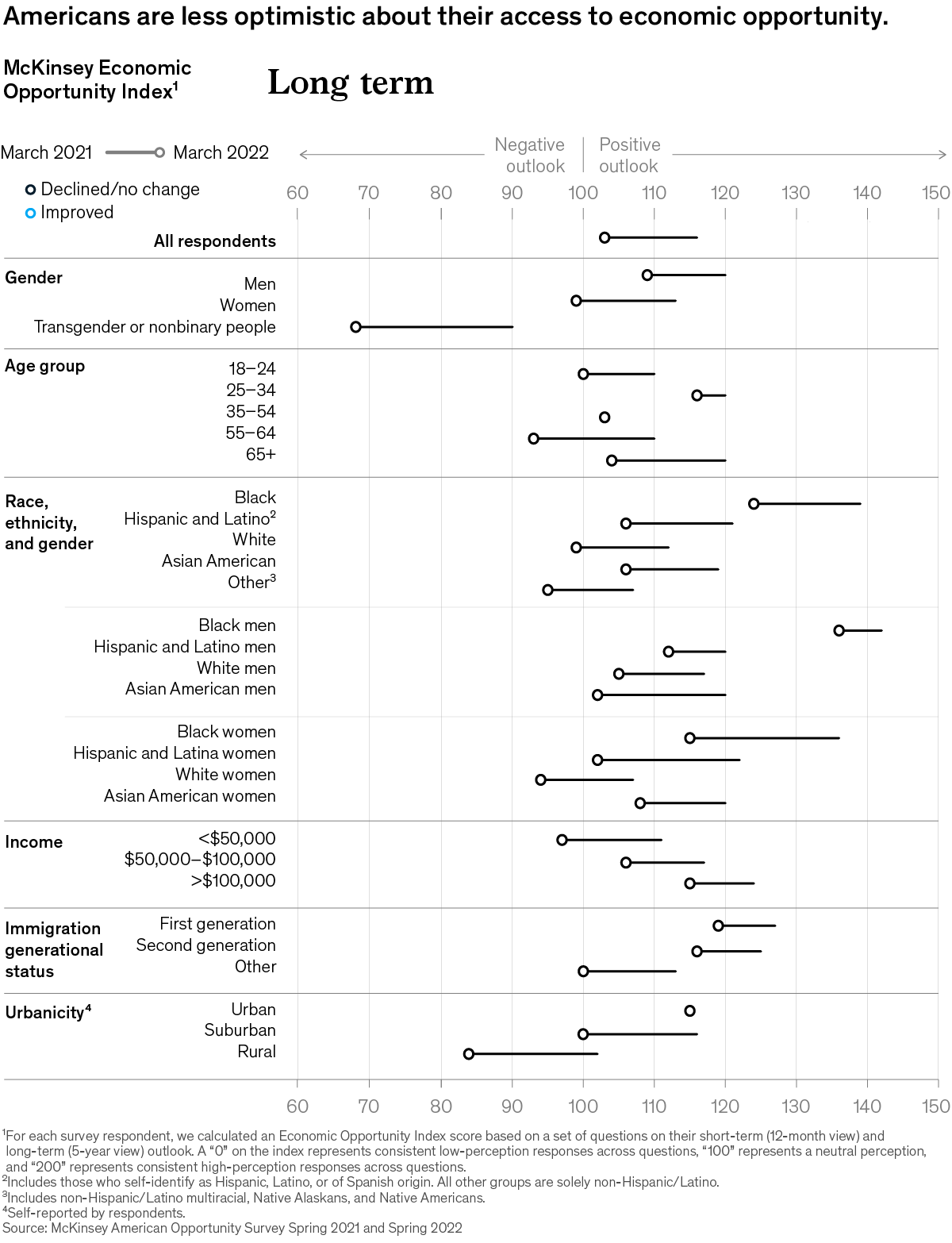






.png?width=1160&upscale=true&name=Hero_Angelist_Launch%20(2).png)
.png?width=1160&upscale=true&name=Remote_Lendis_16x9%20(1).png)





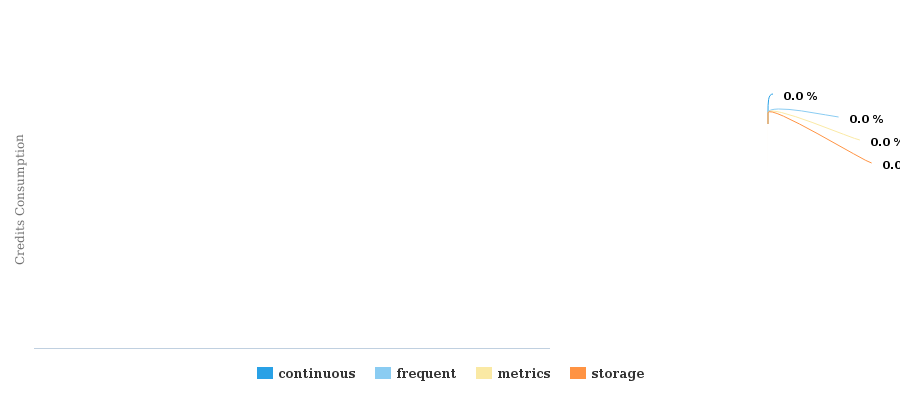
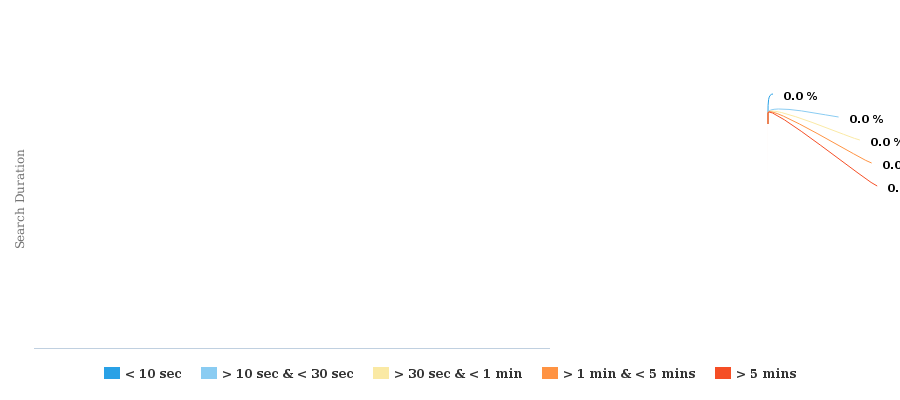
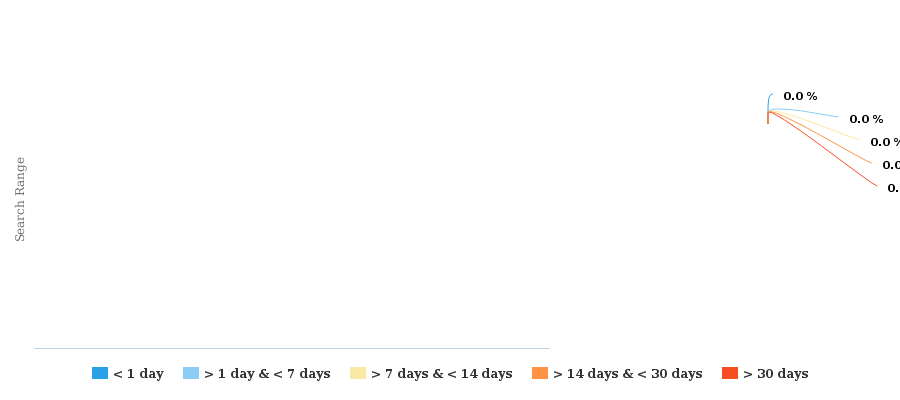
.png?width=1200&upscale=true&name=Group%201%20(6).png)
.png?width=1200&upscale=true&name=Hero_Email_G2%20(1).png)